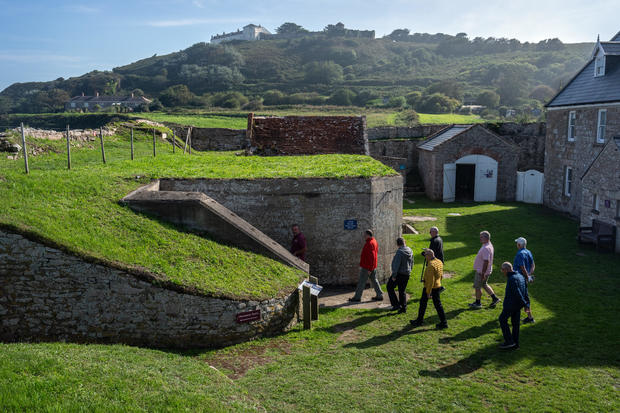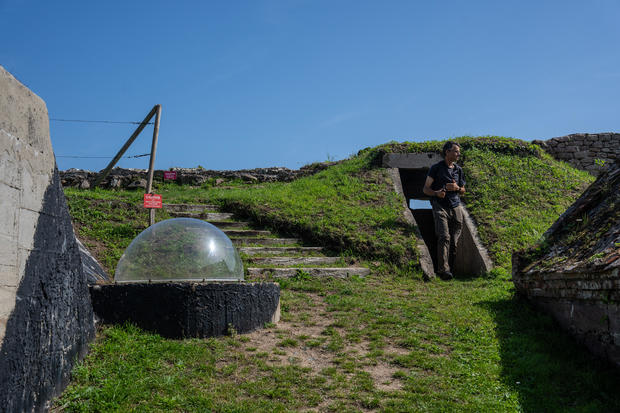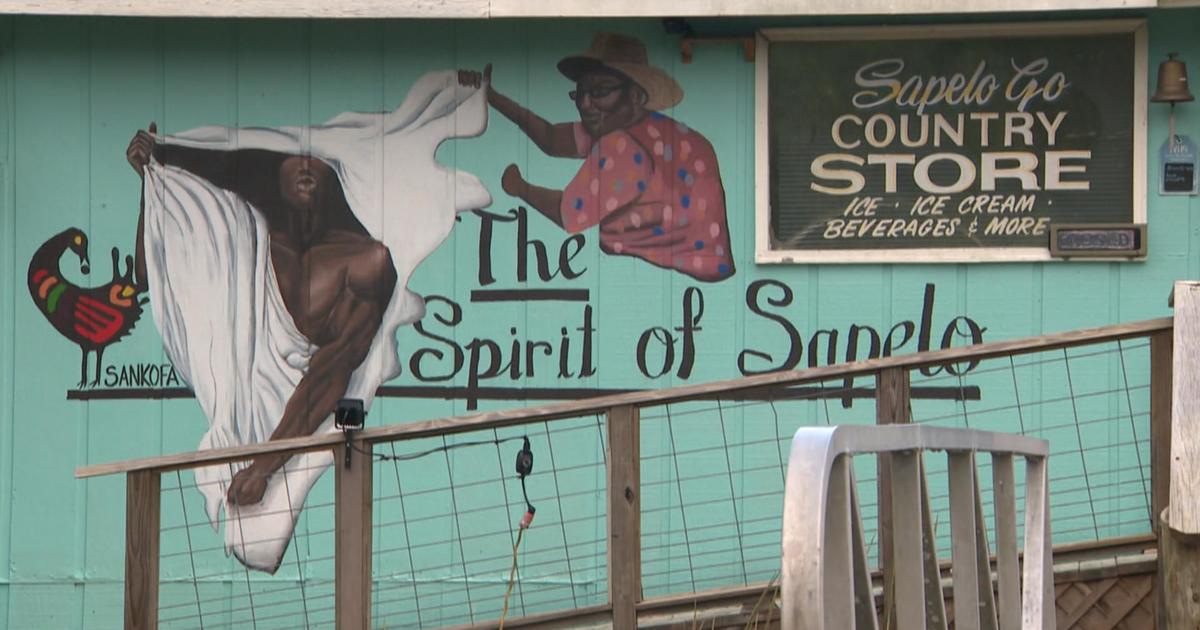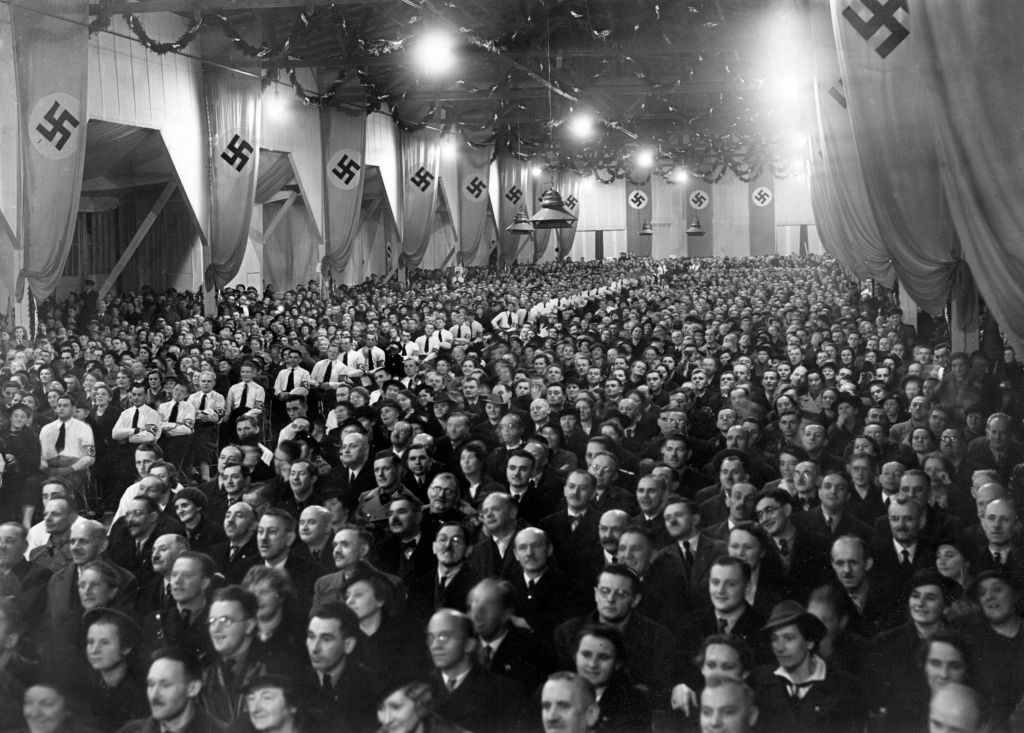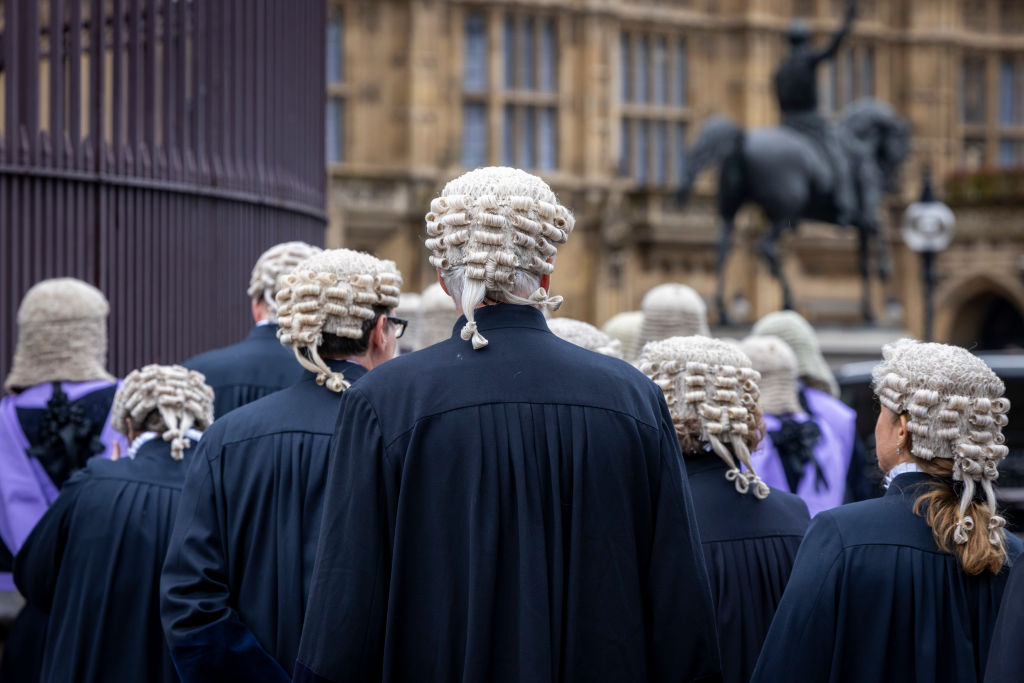U.K. review reveals death toll at little-known Nazi camp on British soil
London — It is not a commonly known fact that the Nazi's most westerly concentration camp during World War II was on a remote, tiny island that belongs to Britain. But on Wednesday, 80 years after the isle of Alderney's liberation from Adolf Hitler's forces, Britain's Post-Holocaust Issues Envoy revealed that as many as 1,134 people likely died there — and that "a succession of cover-ups" by post-war British governments tried to obscure the failure to prosecute Nazi officers responsible for war crimes on U.K. soil.
Just off the coast of northern France, Alderney is one of the lesser-known Channel Islands, all of which were taken by Germany during WWII. Enjoyed today for its white beaches, wild landscape and peaceful pace of life, for Hitler, it was a strategic location in which to build fortifications for the "Atlantic Wall," intended to protect his empire from the Allies.
Alderney's inhabitants had almost entirely evacuated the island prior to the Nazi occupation in 1940, so the Germans brought in prisoners from Europe and North Africa to build huge concrete bunkers and other structures, many of which can still be seen today, slowly being swallowed up by nature as CBS News' Holly Williams reported for 60 Minutes in April.
"For most of those sent to the island, Alderney was hell on Earth," said Lord Pickles, who commissioned a panel of experts to review the previous official estimated death toll of 389. There's long been a bitter controversy about how many people died on Alderney, with many arguing that the true numbers could be thousands more than recorded by the Pantcheff Report, the military investigation that followed immediately after the war.
"At a time when parts of Europe are seeking to rinse their history through the Holocaust, the British Isles must tell the unvarnished truth," Pickles writes in the review's preface. "Numbers do matter. It is as much of a Holocaust distortion to exaggerate the number of deaths as it is to underplay the numbers. Exaggeration plays into the hands of Holocaust deniers and undermines the six million dead. The truth can never harm us."
Many of the Nazi officers responsible for the atrocities on Alderney later ended up in British POW camps, but they were never prosecuted by Britain.
Because most of the Alderney victims were Soviet (many from modern Ukraine), and in a bid to encourage cooperation from Moscow, the British government handed the Pantcheff Report over to the then-USSR as evidence and encouraged it to prosecute the Nazi officers. The Soviets never did, however.
"They should have faced British justice," Pickles wrote. "The fact that they did not is a stain on the reputations of successive British governments."
The document-based review, by a panel of historians and other experts across Europe who were commissioned by Pickles, found no evidence of the island's four camps operating as a "mini Auschwitz," or smaller version of any of the notorious death camps on the European continent.
While there was no mission of extermination, however, panelist Dr. Gilly Carr told 60 Minutes last month that the prisoners in Alderney "were certainly seen as expendable. The aim was to get every ounce of work out of them, and if they died, it didn't matter, and that was kind of, perhaps, expected."
Having examined thousands of records, the review panel calculated that between 7,608 and 7,812 people were sent to Alderney by the Germans, and that 594 of them were Jews from France. Deaths at the Alderney camps were estimated by the panel as likely between 641 and 1,027, but possibly as many as 1,134.
British Chief Rabbi Sir Ephraim Mirvis welcomed the findings.
"Having an authoritative account of this harrowing element of the island's history is vital," he said. "It enables us to accurately remember the individuals who so tragically suffered and died on British soil. Marking the relevant sites will now be an appropriate step to take, to ensure that this information is widely available."
